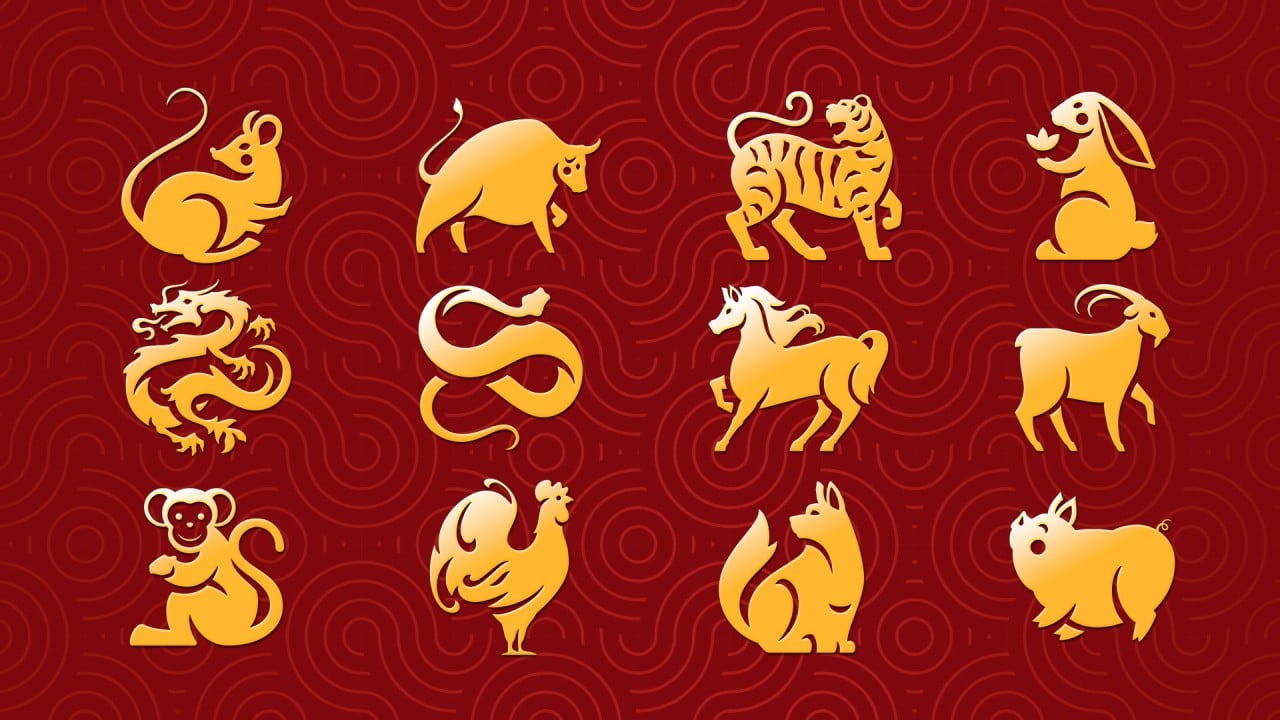“We are positive towards US equities as a core holding in the MPF portfolio,” said Ada Kung, chief investment strategist at Sun Life Asset Management (HK). “The end of the US rate-hike cycle will benefit growth stocks.”

The Year of the Dragon, which began on February 10 this year, is the fifth in the Chinese lunar calendar’s zodiacal cycle of 12 animals: rat, ox, tiger, rabbit, dragon, snake, horse, goat, monkey, rooster, dog and pig.
This is the third Year of the Dragon for the MPF, which launched during the mythical creature’s reign in December 2000. In the most recent Year of the Dragon from February 2012 to January 2013, the MPF gained 9.5 per cent, its ninth-best year overall, according to data from MPF Ratings, an independent pension research firm.
The MPF lost 4.7 per cent in the just-ended Year of the Rabbit, after declining 8.6 per cent in the Year of the Tiger, according to MPF Ratings. The fund also lost 4.5 per cent in the previous Year of the Rabbit in 2011.
“Hong Kong equities performance has disappointed investors in the Year of the Rabbit,” Kung said. “Valuations are near a decade-low. We expect the China property sector’s drag on [gross domestic product] may continue, but to a smaller extent.”
MPF members should adopt a diversified investment strategy including both equities and bonds to manage uncertainties, according to Allianz Global Investors’ Tso.
“Many investors have been adding cash positions since the Year of the Tiger and throughout the Year of the Rabbit,” he said. “In the Year of the Dragon, we see pockets of opportunity in fixed income and equities that are likely to offer far better potential for total returns.”
Hong Kong banks line up fireworks dinners, lucky draws to entice new clients
Hong Kong banks line up fireworks dinners, lucky draws to entice new clients
Jamie Lee, managing director and CEO of pension provider BCT Group, also urged MPF members to adopt a diversified approach.
“Our investment strategy is to gradually increase equity allocation with a focus on the US, Japan and Asian markets,” she said. “A global diversified equity strategy focusing on both developed and selective emerging markets can take advantage of our investment views.”
The MPF’s performance this year will be less attractive than last year, with generally positive returns from equities and lacklustre performance by fixed income, said Nixon Mak, head of Hong Kong pensions and solutions strategist for Asia-Pacific at Invesco.
Hong Kong stock market in for a topsy-turvy ride in Year of the Dragon: CLSA
Hong Kong stock market in for a topsy-turvy ride in Year of the Dragon: CLSA
“We are still overweighting developed markets in general, with more focus on non-US markets in the first half, especially Europe and Japan,” Mak said. “Asia remains attractive, in particular technology-related sectors and countries.”
Mak said his company is increasingly overweight on Asia and India but remains cautious about mainland China and Hong Kong.
“We see the mainland China and Hong Kong markets as attractive from a historical valuation perspective,” he said. “However, we need to see more solid policy to support the property sector as well as other economic drivers. Allocation into fixed income can be challenging, as the recession is not imminent and rate cuts are not confirmed any time soon.”
Cash can still play a role in investment for the Year of the Dragon because the current yield is attractive. Some banks are offering 4 per cent for Hong Kong dollar deposits.
“We see cash allocation being active in the first half,” Mak said.
Hong Kong’s economy expected to improve in Year of the Dragon: Paul Chan
Hong Kong’s economy expected to improve in Year of the Dragon: Paul Chan
Healthcare and technology will be key sectors in the Year of the Dragon, with both expected to post double-digit earnings growth in the next 12 months, said Sarah Lu, senior portfolio manager of the multi-asset solutions team in Asia for Manulife Investment Management. Manulife is the largest pension provider in Hong Kong.
“Within fixed income, we see an attractively valued opportunity in Hong Kong dollar bonds, anchored by relatively attractive yields and supported by the US dollar posting a short-term gain,” she said. “Once the Fed is near or at the end of its current rate-hiking cycle, Asia is likely to stabilise and accelerate momentum with its better macro backdrop against the US and Europe.”
Oil could become a wild card for policymakers grappling with high inflation, Lu said. “This could cause a reversal in headline inflation, forcing the Fed and other policymakers to take more aggressive action than the market is expecting,” she said. “China and Hong Kong equities could also be one of the big wild cards on the back of attractive valuation.”


